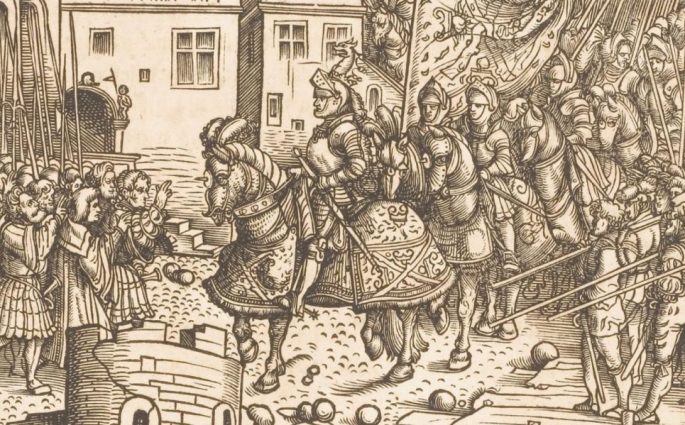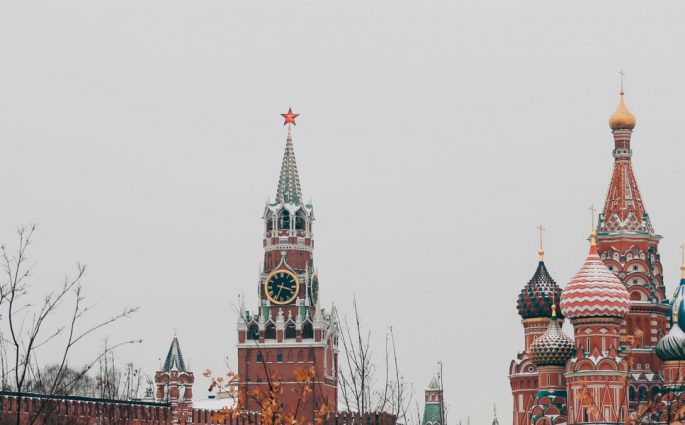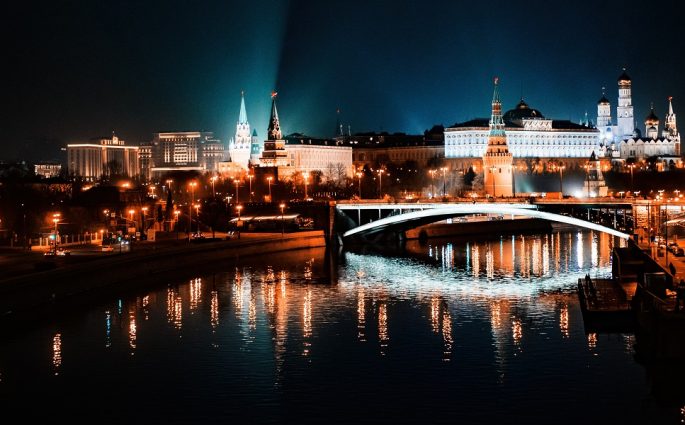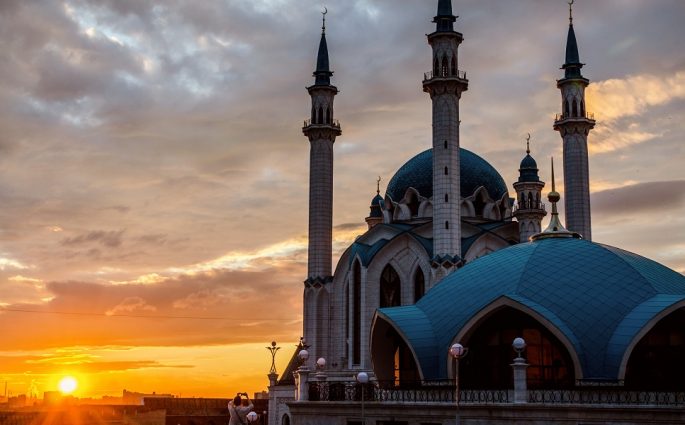The Emperor and His Family
Geoffrey Parker— In 1855 the French historian Jules Michelet hailed Archduchess Margaret of Austria as ‘The real “strong man” of the family’ whose efforts, above those of all others, ‘made the House of Austria great’. Rather like the eulogy of Henri Pirenne, this is an exaggeration: although the archduchess proved










